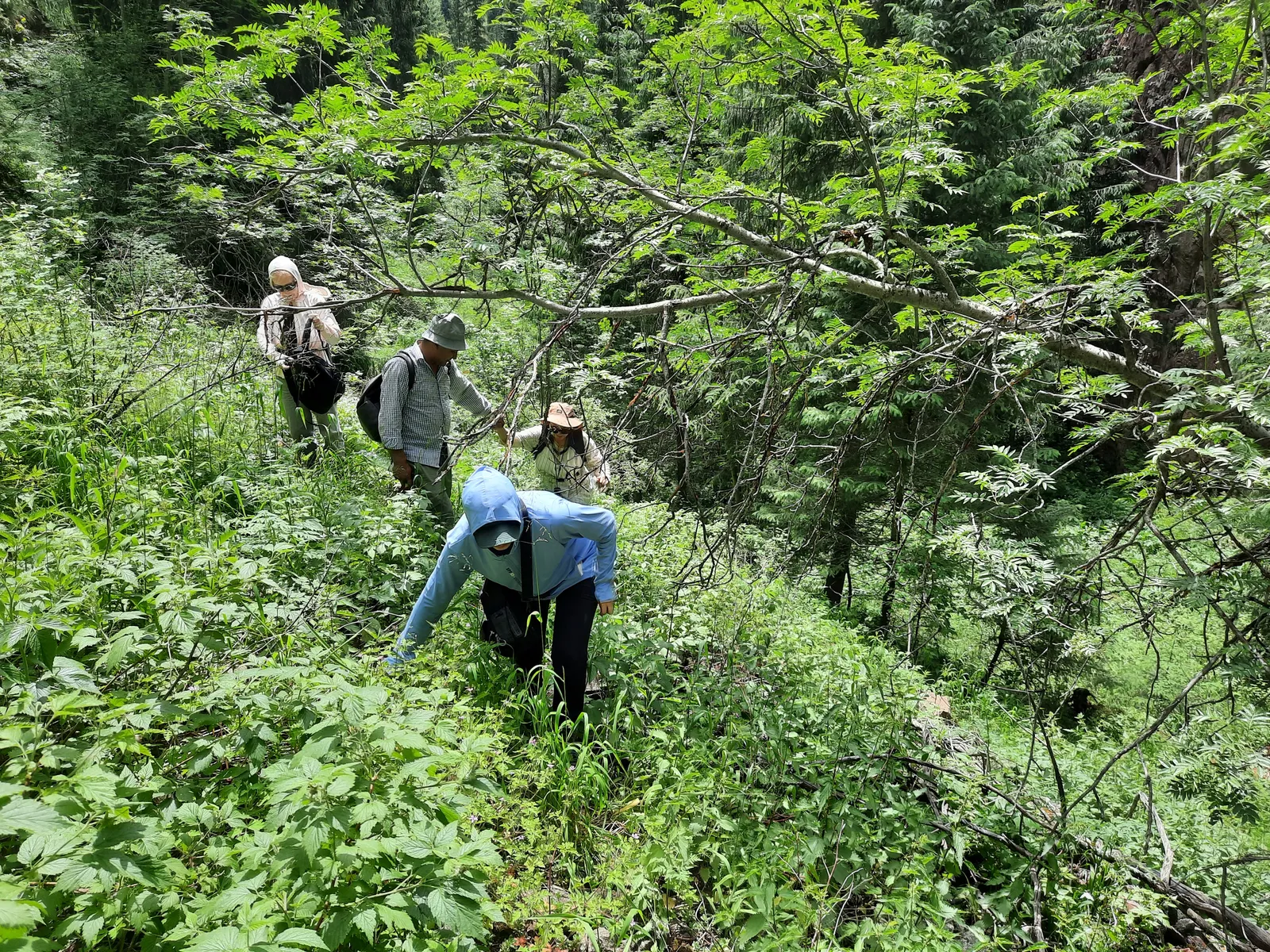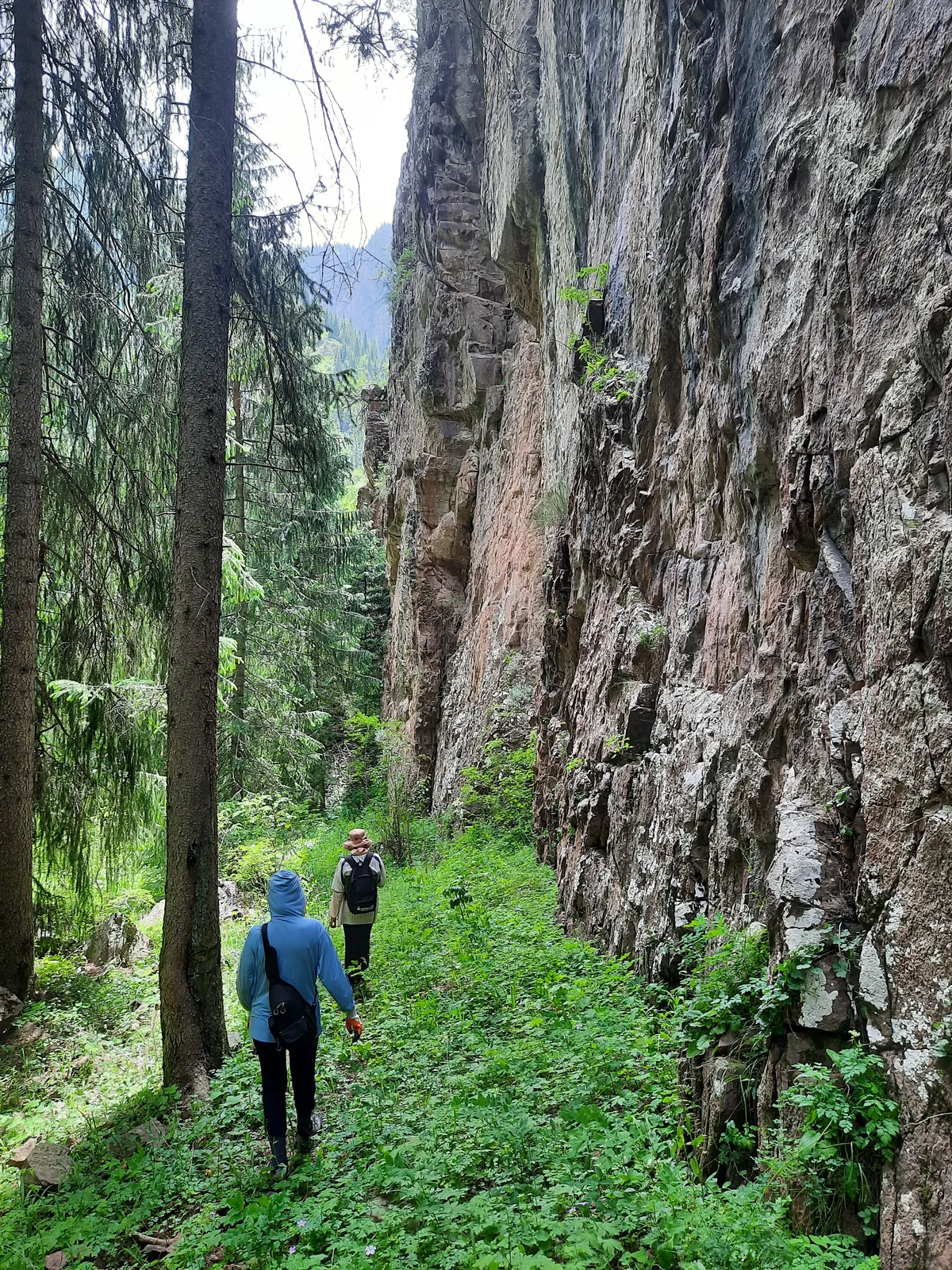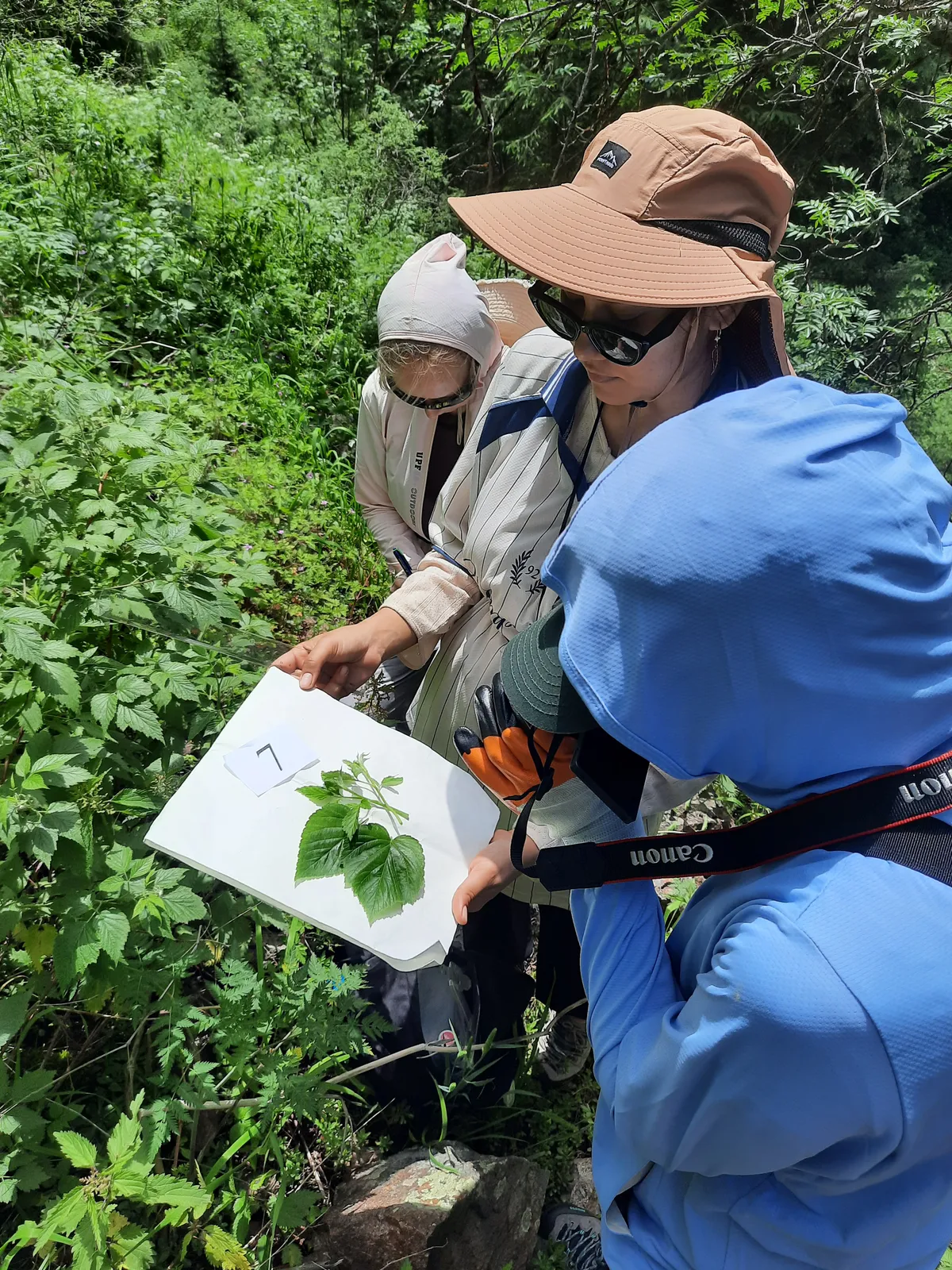BioClima expands cooperation in Kazakhstan for biodiversity protection
BioClima strengthens global biodiversity research by launching a new partnership in Kazakhstan to protect the unique forest ecosystems of the Tian Shan mountains using EO, UAV, and AI technologies.
 Ing. Jiří SEDLÁK, Ph.D. - RESEARCH AND BREEDING FRUIT INSTITUTE HOLOVOUSY s.r.o. (VSUO)
•
Oct. 20, 2025
Ing. Jiří SEDLÁK, Ph.D. - RESEARCH AND BREEDING FRUIT INSTITUTE HOLOVOUSY s.r.o. (VSUO)
•
Oct. 20, 2025
The BioClima project is expanding its international cooperation by establishing a new partnership in Kazakhstan, focusing on the research and protection of forest ecosystems in the Tian Shan mountains — one of Eurasia’s biodiversity hotspots. This collaboration brings together research institutes, universities, and field experts from Europe and Central Asia with the goal of improving biodiversity knowledge and preparing for the future application of Earth Observation (EO), unmanned aerial vehicles (UAV), and artificial intelligence (AI) in environmental monitoring.
New partners and shared goals
New partnership involves Prof. Svetlana Kushnarenko from the Institute of Plant Biology and Biotechnology in Almaty and Dr. Timur Turdiev, a researcher and farmer active within the Uyghur community along the Kazakh–Chinese border. Both are engaged in the conservation of genetic diversity of wild fruit species, including the ancestral apple (Malus sieversii) and other native plants that form the foundation of global fruit breeding. Their work also focuses on mountain ecosystems and the presence of large carnivores such as wolves, lynx, brown bears, and the snow leopard (Panthera uncia).
Contribution of the BioClima consortium and planned technologies
The BioClima consortium, composed of European research institutes, universities, technology companies, and environmental organizations, contributes expertise in ecosystem monitoring, climate impact analysis, and digital tools for sustainable landscape management. The partnership is currently preparing methodological steps that will enable the use of EO, UAV, and AI technologies in later phases of the cooperation — for vegetation mapping, landscape change detection, and climate-related assessments. BioClima is also supporting knowledge exchange and training of young researchers through internships and field missions.
Regional significance and next steps
The collaboration strengthens research capacities in Kazakhstan and lays the groundwork for long-term cooperation between European and Asian institutions. A special focus is given to supporting Uyghur communities and small-scale farmers living in close interaction with mountain ecosystems, who play an essential role in conserving local biodiversity. Upcoming activities include partner visits to Europe and further preparations to integrate European and Chinese technologies into joint biodiversity research in the Tian Shan region. In the next steps, we also plan to involve our Chinese technological partners within the BioClima consortium, to further strengthen the scientific and technical dimension of this collaboration.


